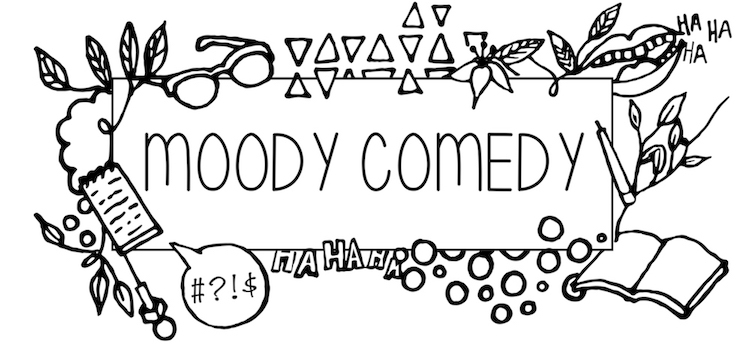It has been virtually impossible to miss the recent, yet of course not fully reported, news story regarding Lord Ashcroft’s account of David Cameron’s Bullingdon Club days and the antics he and his chums got up to. Waking up to the storm of excited social media was made all the more interesting given the fact this doesn’t seem to be a hoax, but I guess we can never know for sure. I doubt the Prime Minister will ever admit to it, if it does happen to be true. Since the news broke on September 20th Charlie Brooker has been inundated with comments that reference the parallels of Cameron’s pig plight with National Anthem, the first episode of Black Mirror, which aired in 2011 and it got me thinking about the role that satire plays in our society.
Shit. Turns out Black Mirror is a documentary series.
— Charlie Brooker (@charltonbrooker) September 20, 2015
Satirical comedy is a genre that seems deeply ingrained in the British psyche. At its best it can be revolutionary, but at its worst attempts become lazy, stereotypical and therefore ineffective. Yet regardless of whether it hits the mark or not, it seems that we can’t express ourselves thoroughly without it. Satire is now an underpinning part of our media consumption, with the implications and effects of this being incredibly promising in terms of freedom of speech. It has been proven that comedy, and practically any form of communal laughter, is an immediate way of uniting a group of people in a positive, reinforcing manner. It may even be so that with some of the most popular and accessible satirical humour that is broadcast on television in the UK, this sense of togetherness is multiplied due to the age-old addition of human pride that comes about when discussing things that make us feel clever.
Intelligence is anyone’s game now. Education is now accessible to far more people than ever before, and increasingly so, meaning that satirical comedy is no longer an exclusive thing. It makes people like me, a seventeen year old female with a Midlands accent and very little in the way of a plan for the future, feel as though my opinion is valued and important. Regardless of whether I agree with the satirist or not, the crucial point of it is that the individual is permitted to broadcast an opinion. Though at times this branch of British comedy can feel very smug and male-dominated, it is encouraging to see it being opened up to more people as time progresses.
So if more of us are watching, absorbing and reflecting the satirical sense of humour, are those that are being criticised watching it too? Of course there are countless targets of countless jokes from all different backgrounds, and for all kinds of different reasons. Nobody is safe from mockery, or at least they shouldn’t be. I can state with relative certainty that each person reading this has been a part of a collective that has been criticised by a comedian on television or radio, whether that be the teenage generation, the middle classes, the working classes, the One Direction fans. You name it, it’s probably been ridiculed. But do we take note of the message behind the comments, when it is our own values that are being attacked, or is it in our nature to defend our position in order to deflect any criticism?
Is comedy still relevant if the people you are satirising are unaware of the irony? Does it matter if David Cameron never watched Black Mirror?
JOIN THE COMEDY CIRCLE: LEAVE YOUR COMMENTS BELOW OR FOLLOW MOODYCOMEDY ON TWITTER, FACEBOOK AND INSTAGRAM
